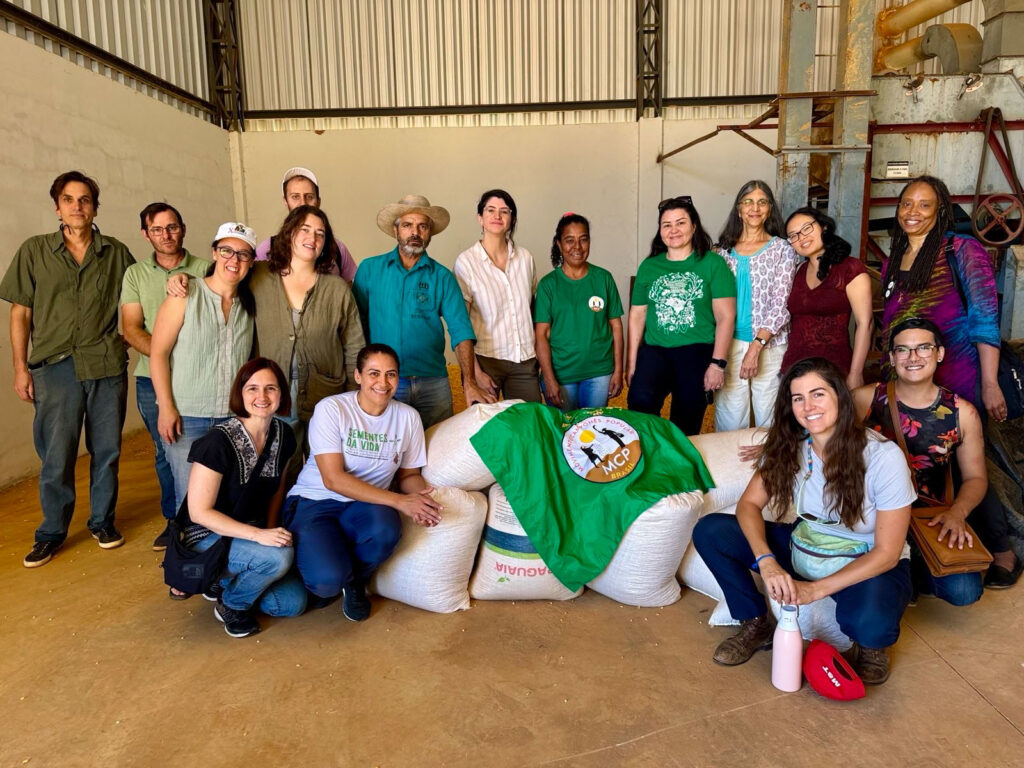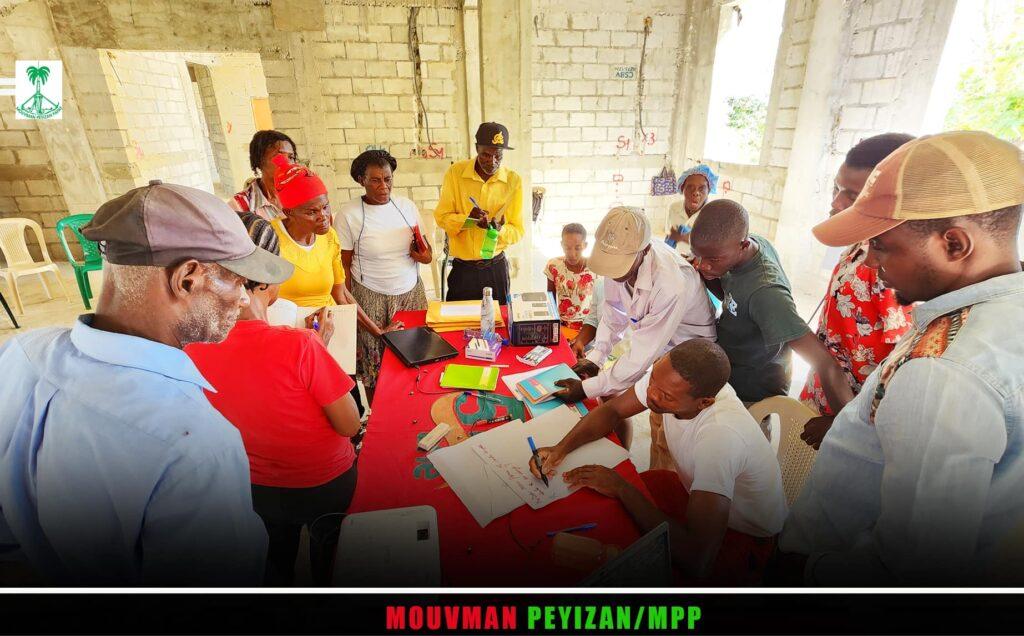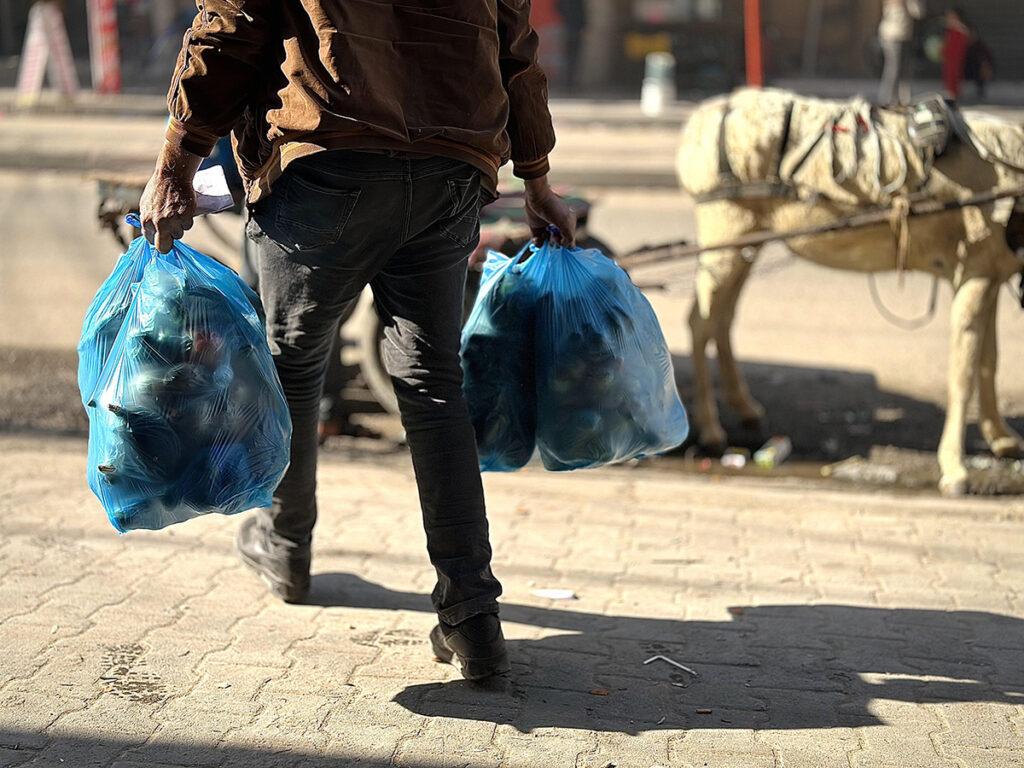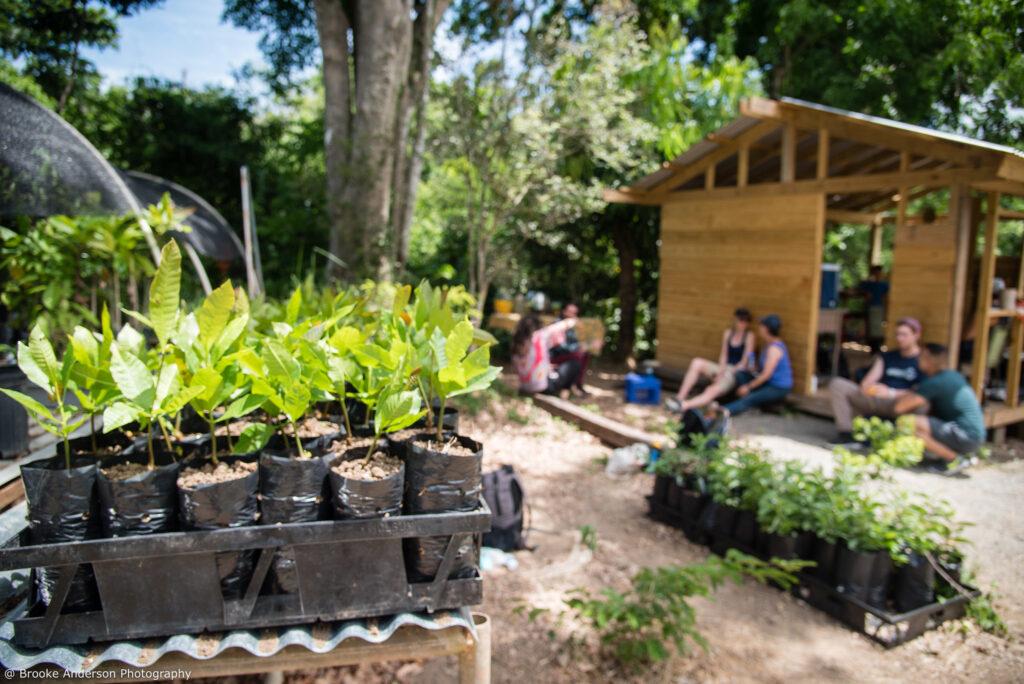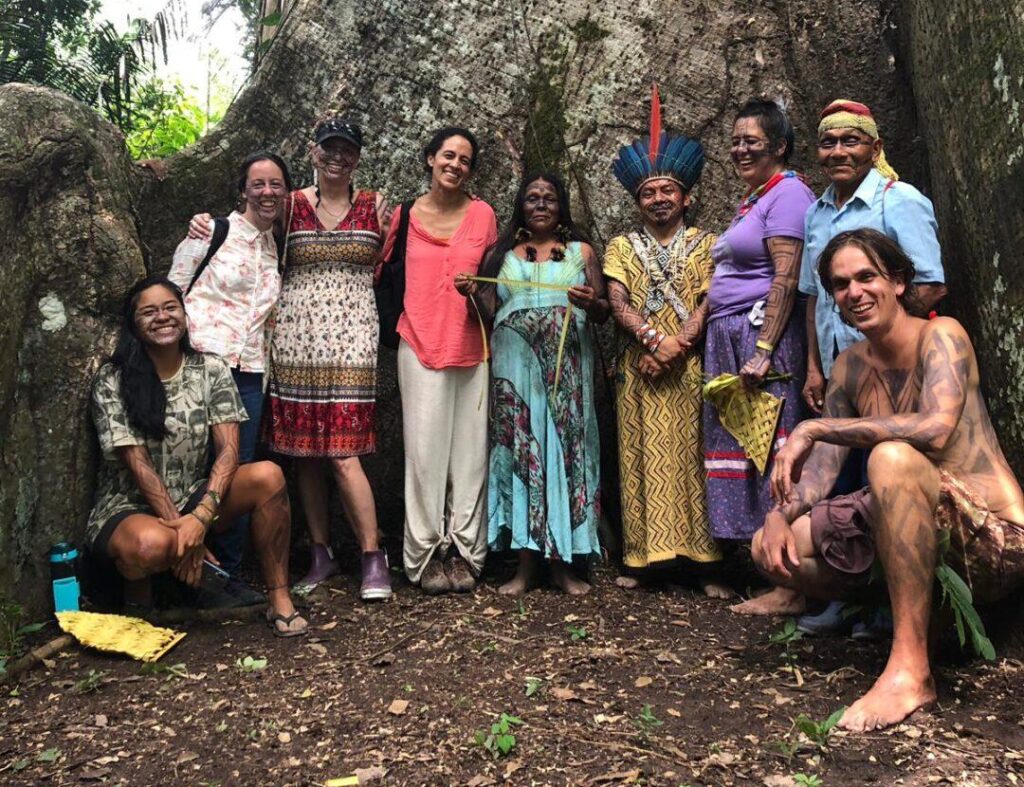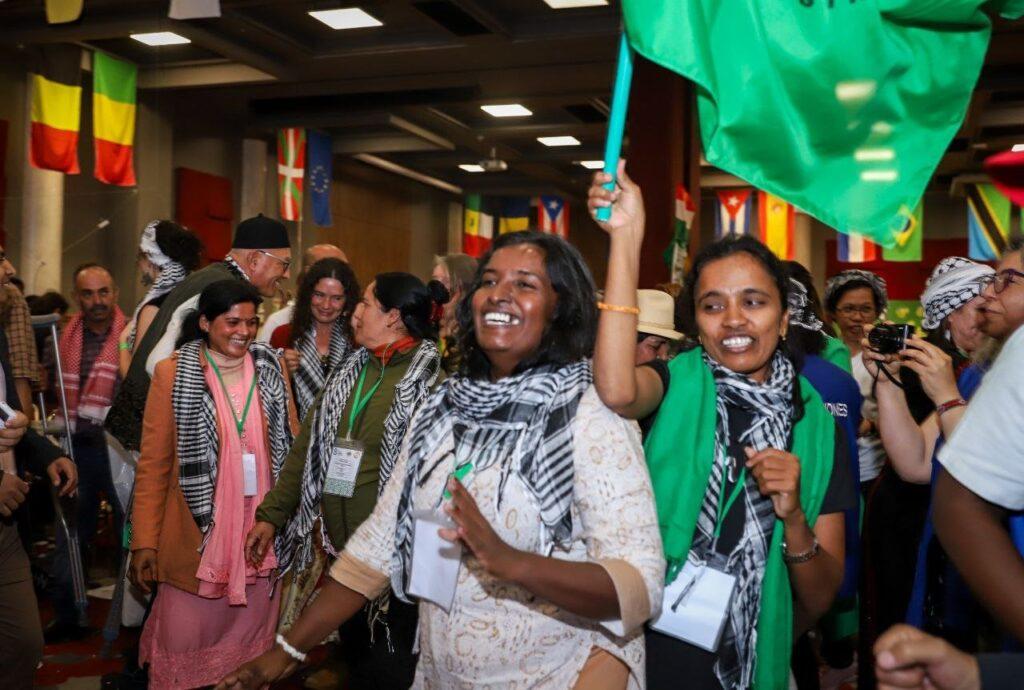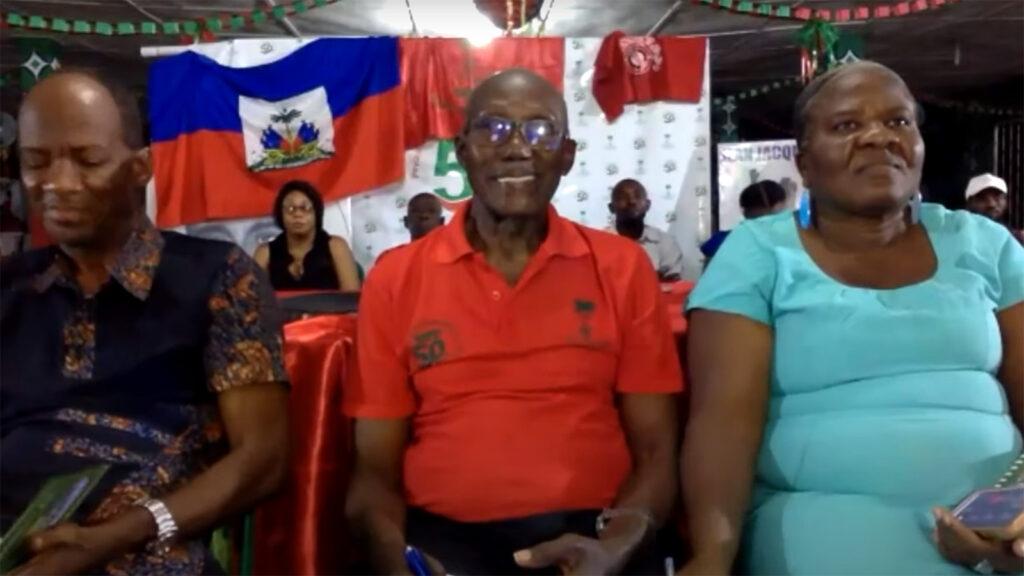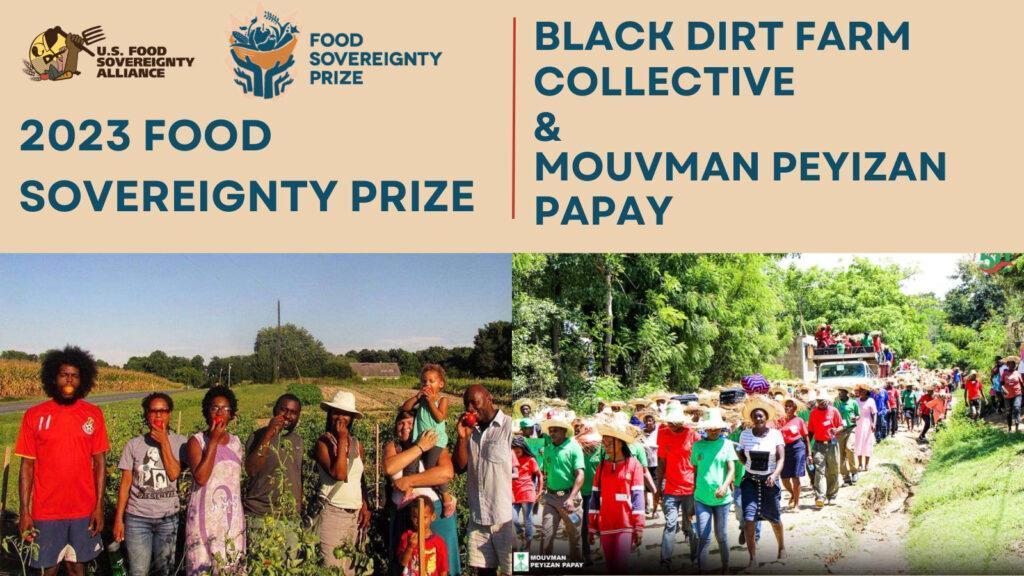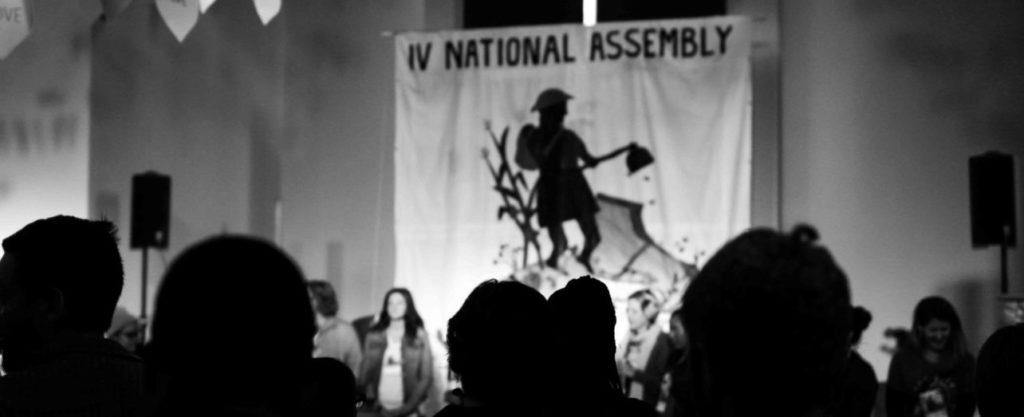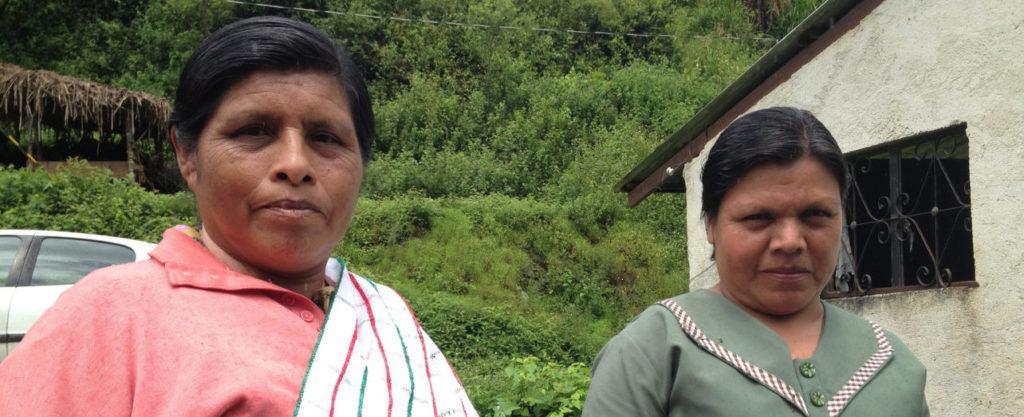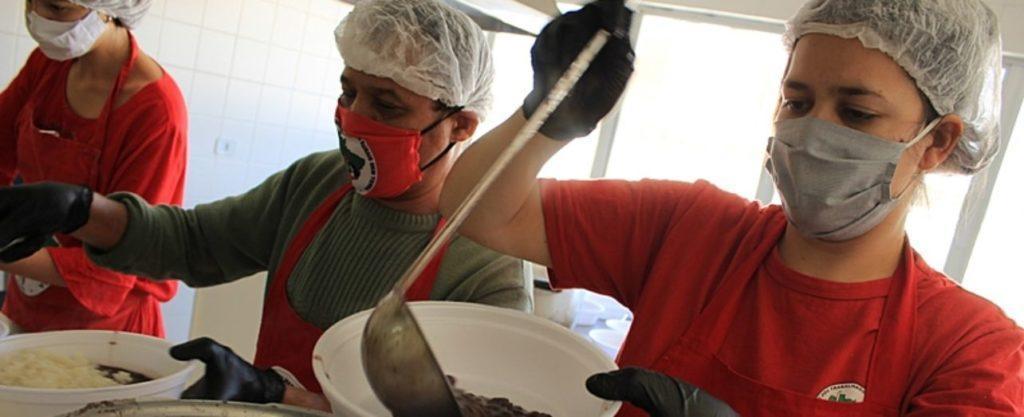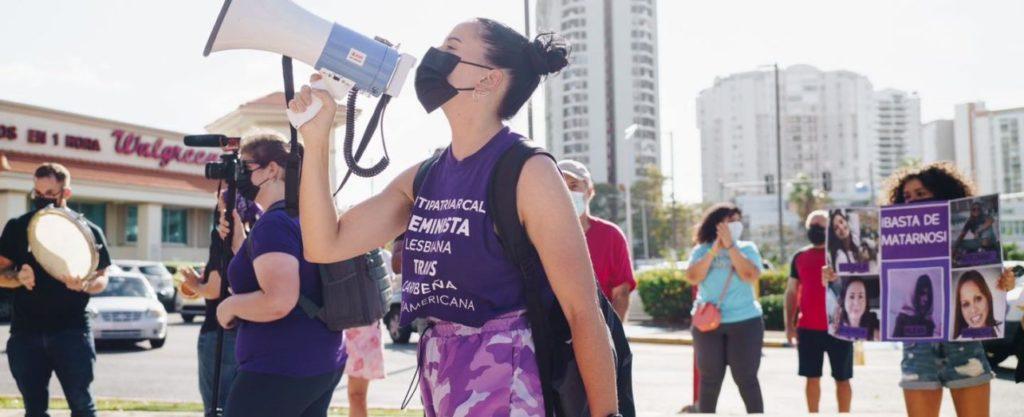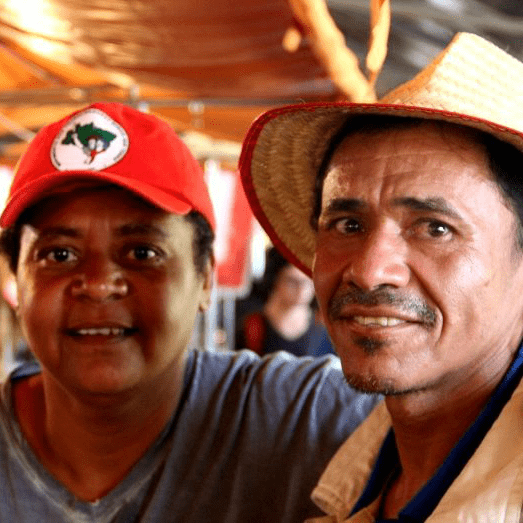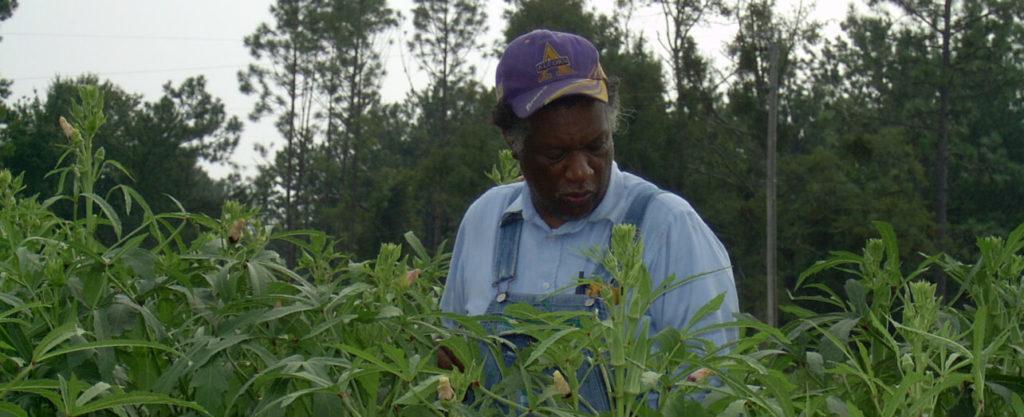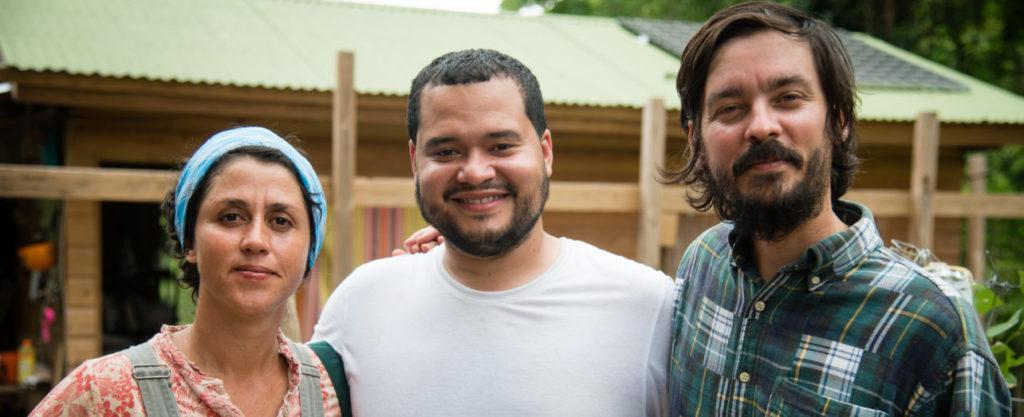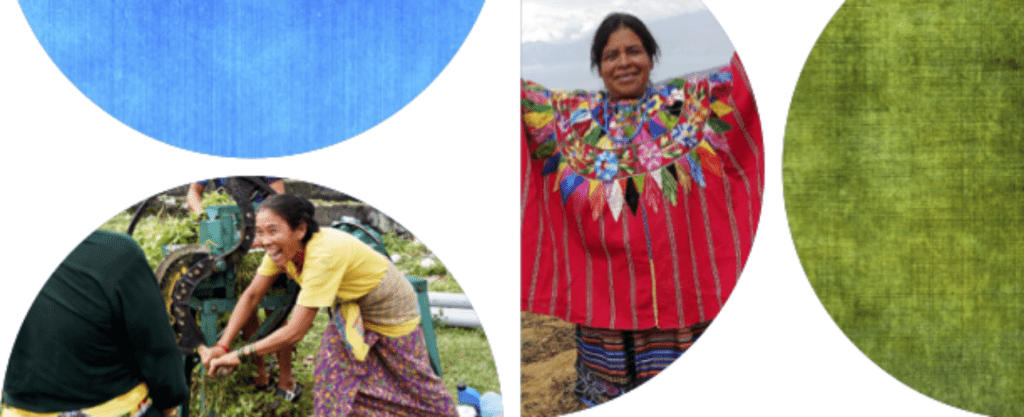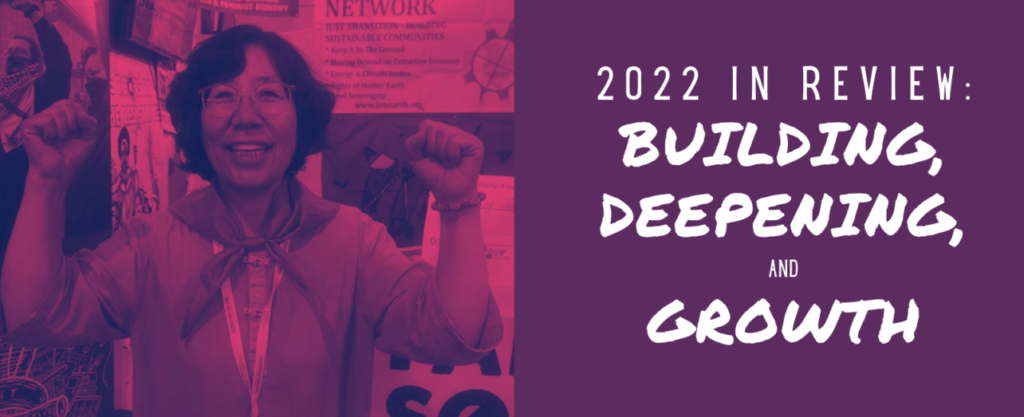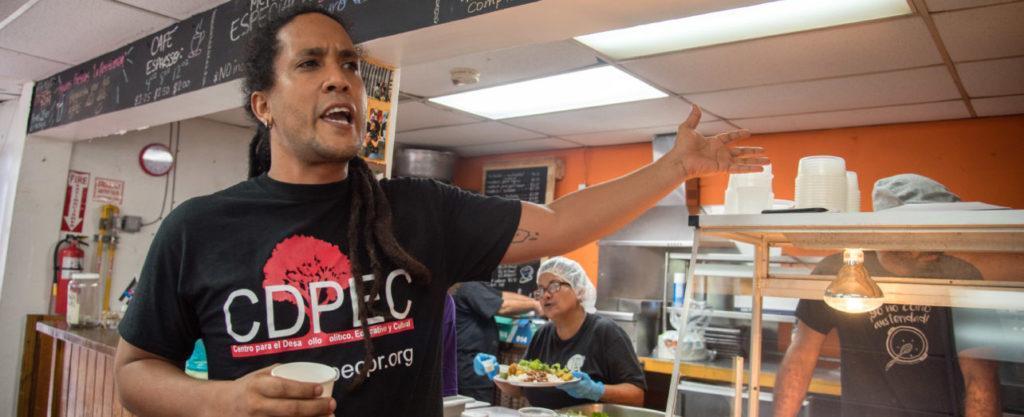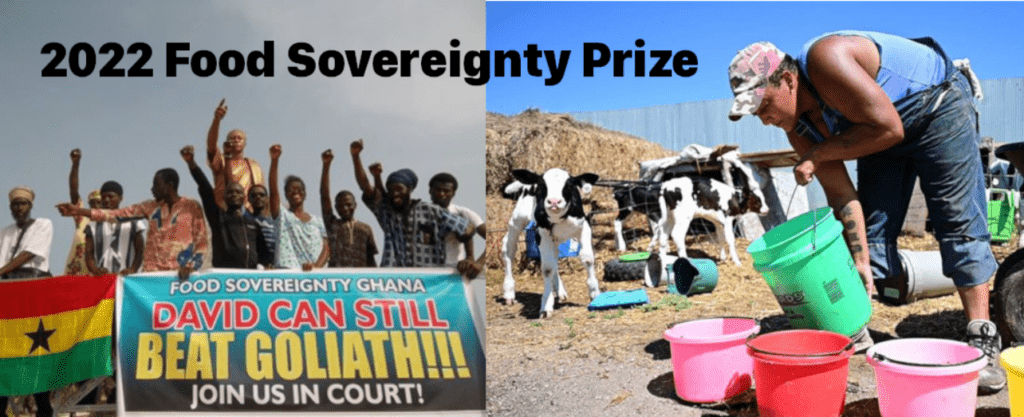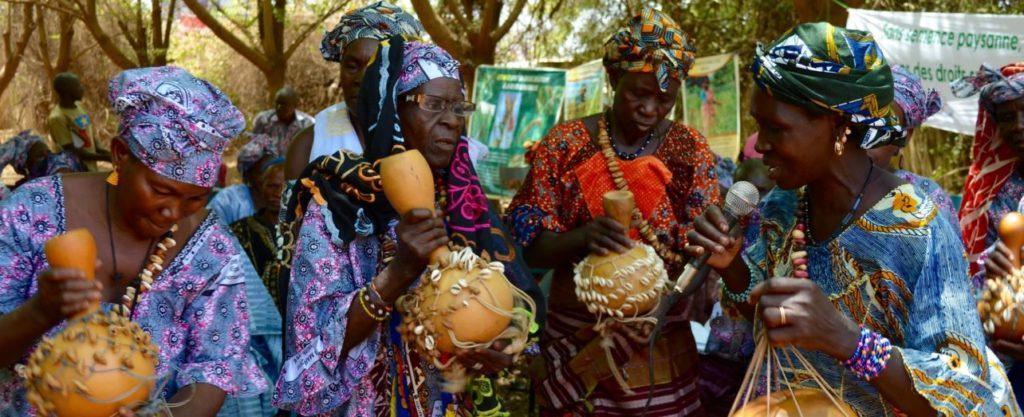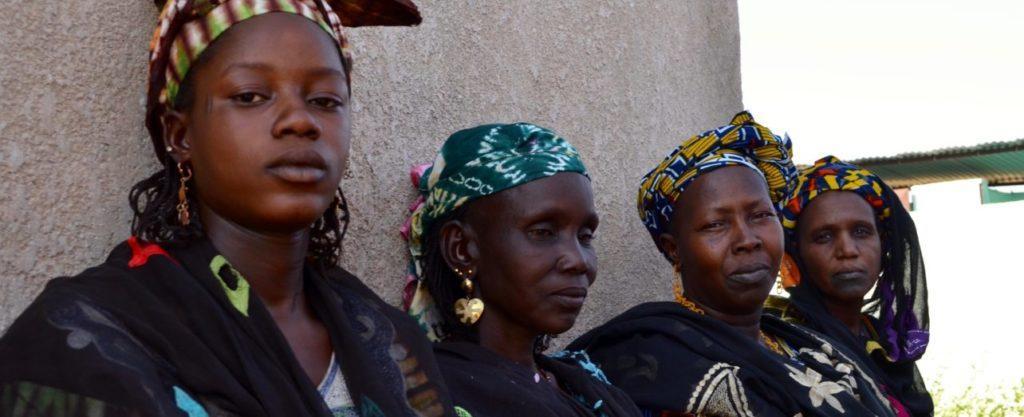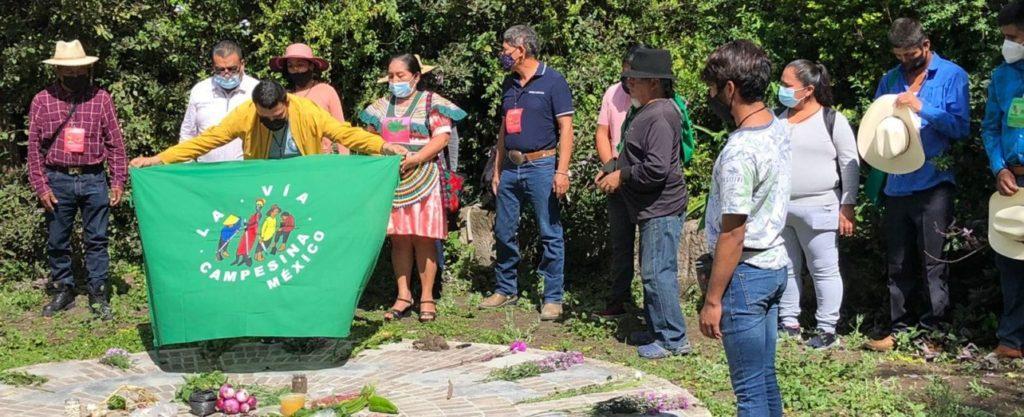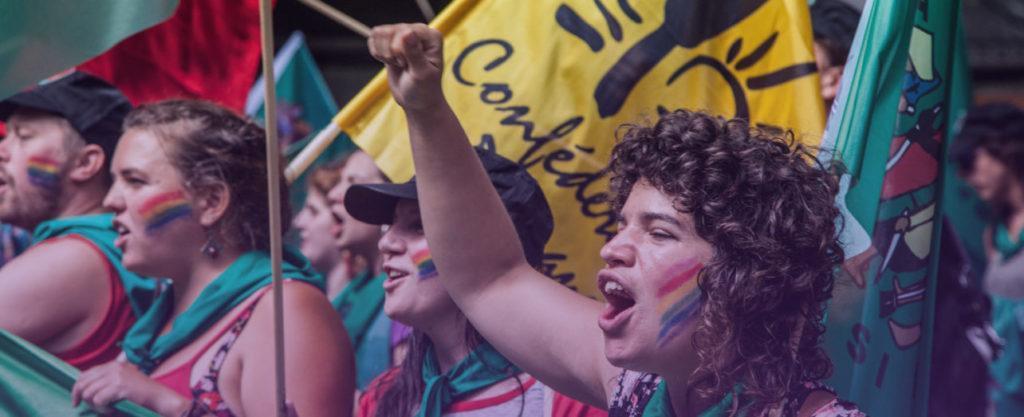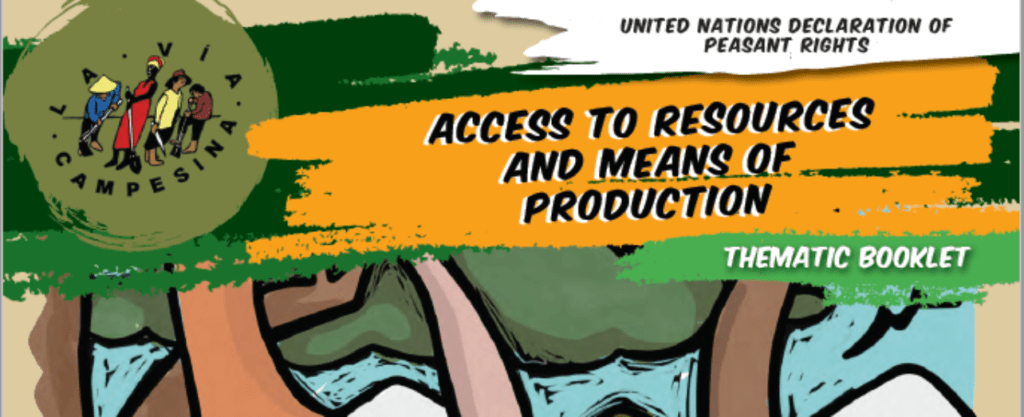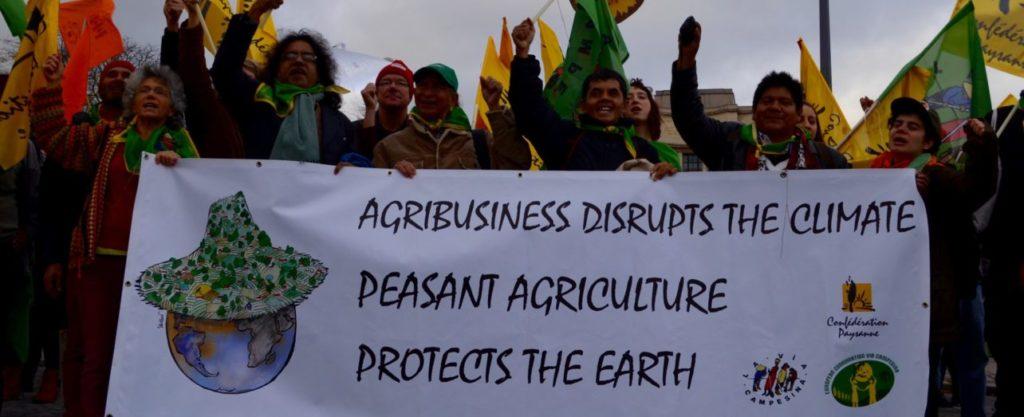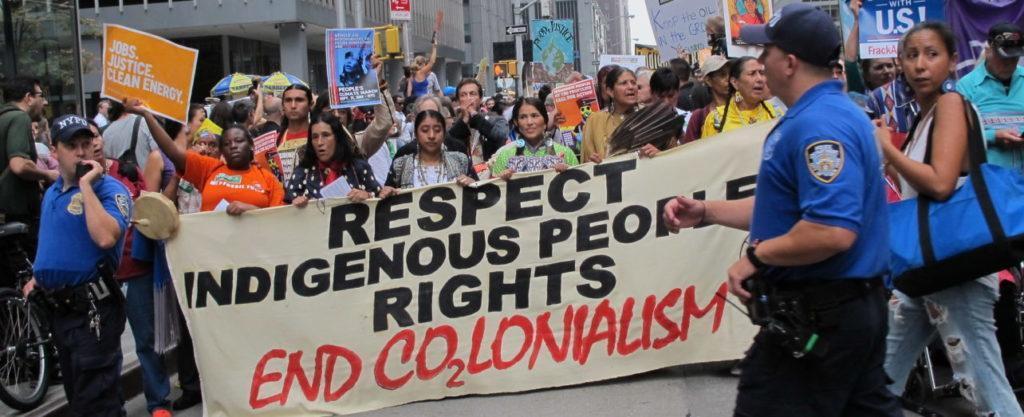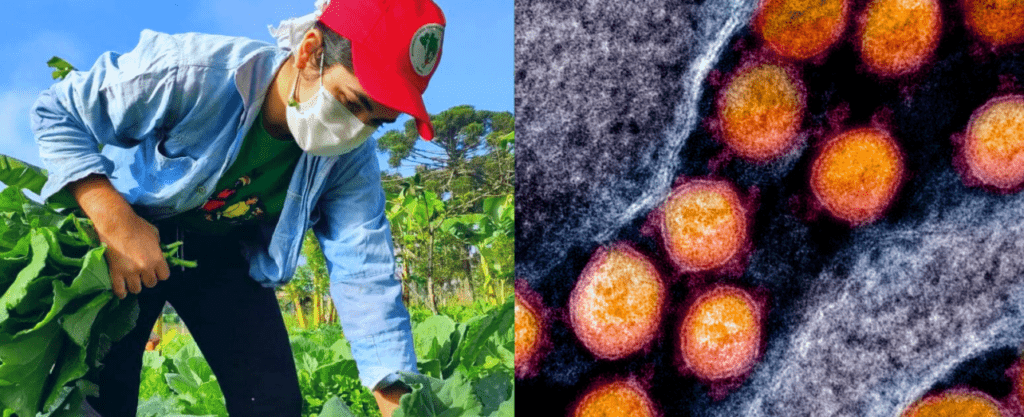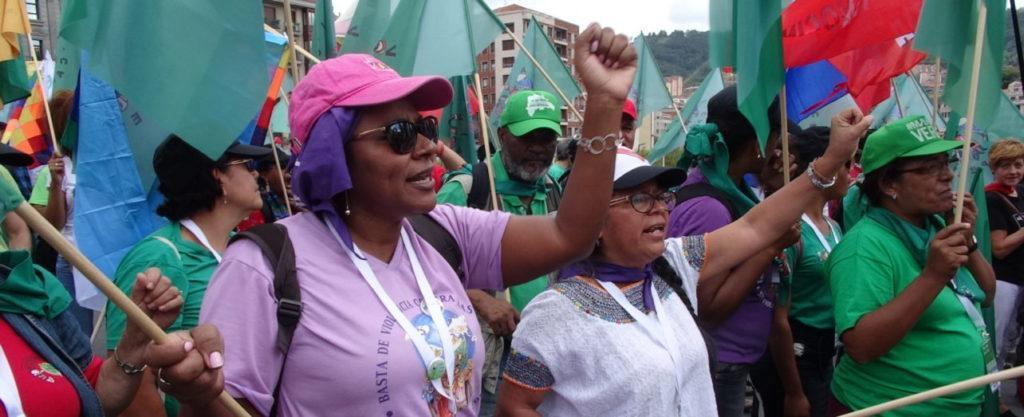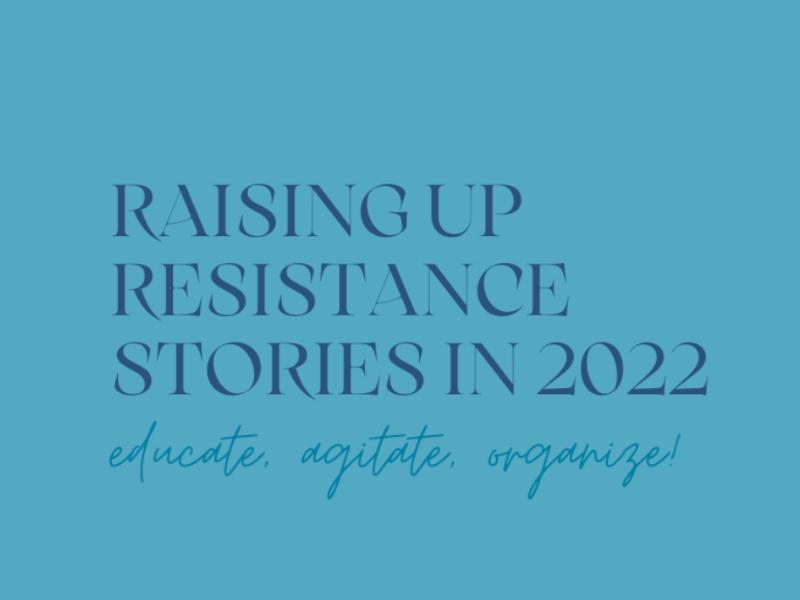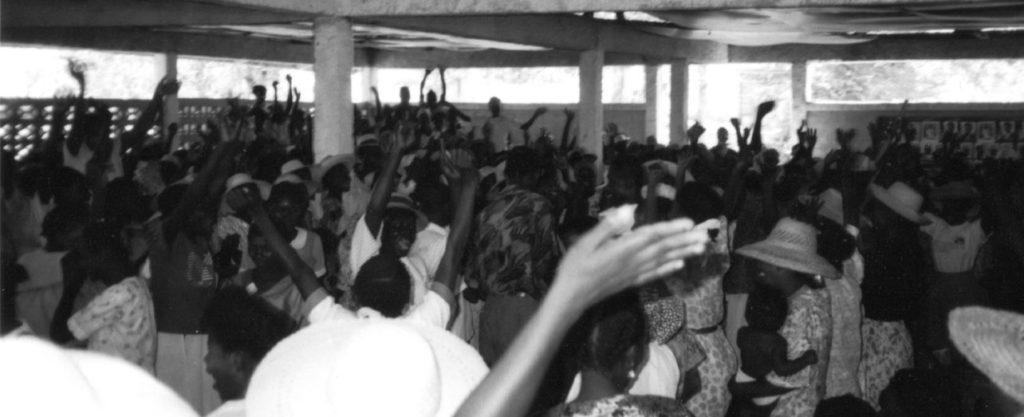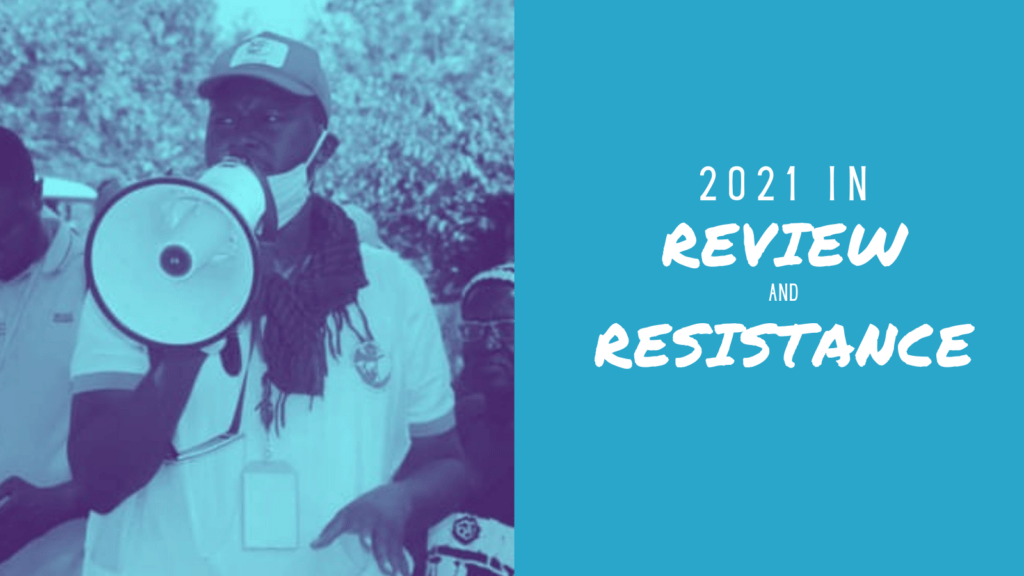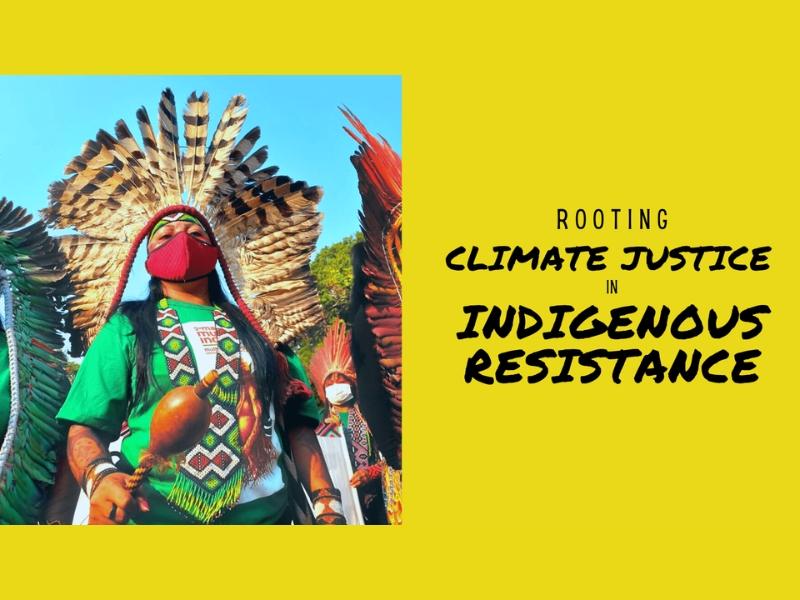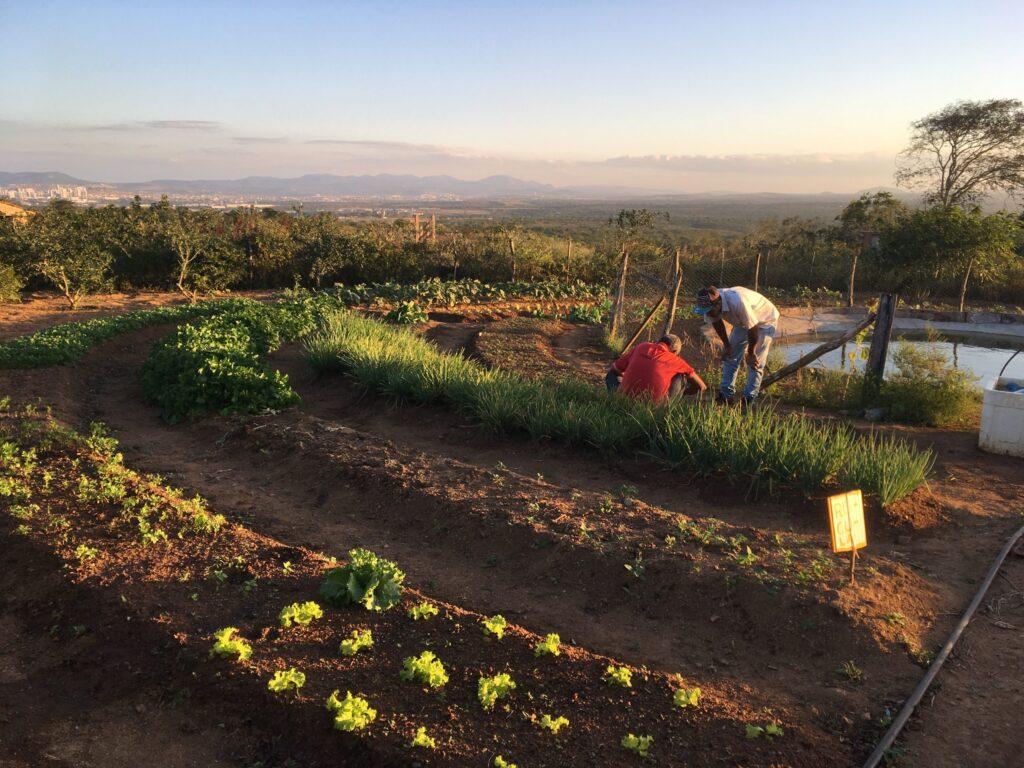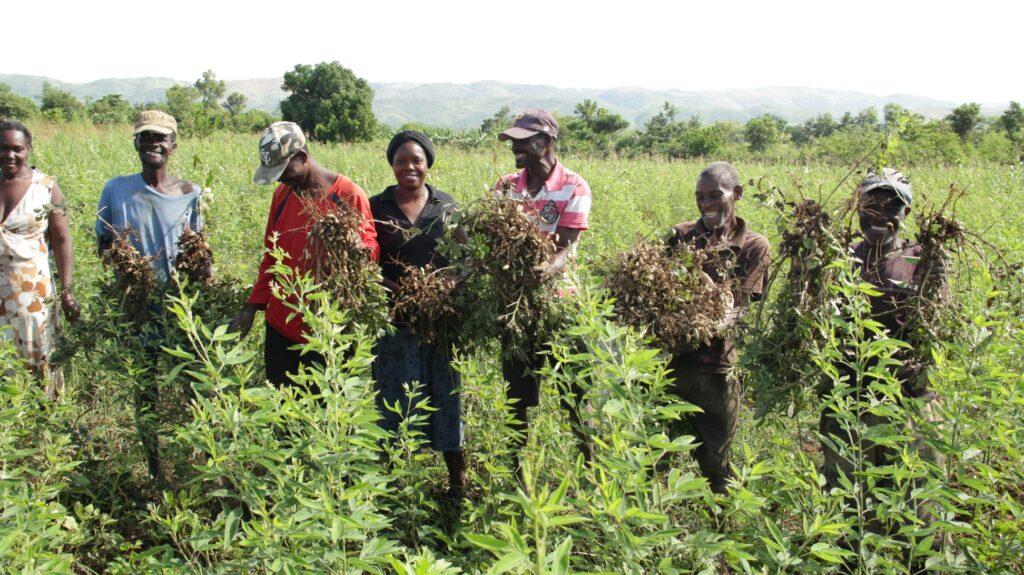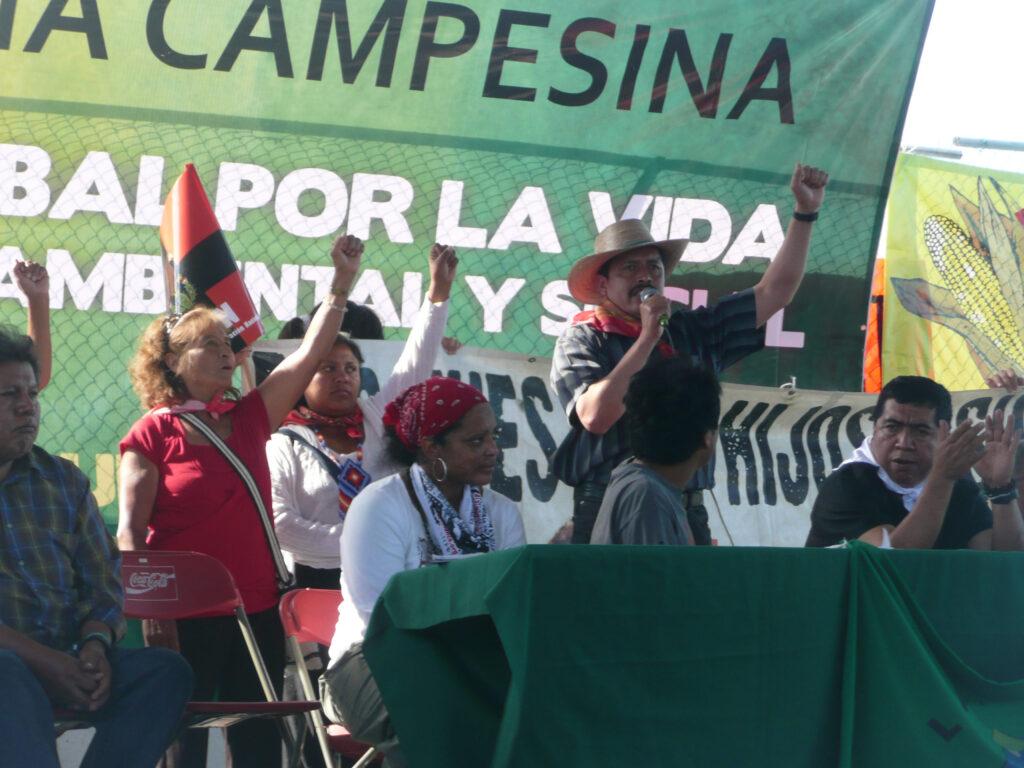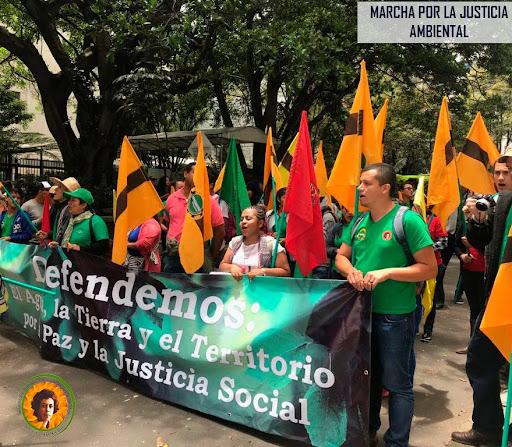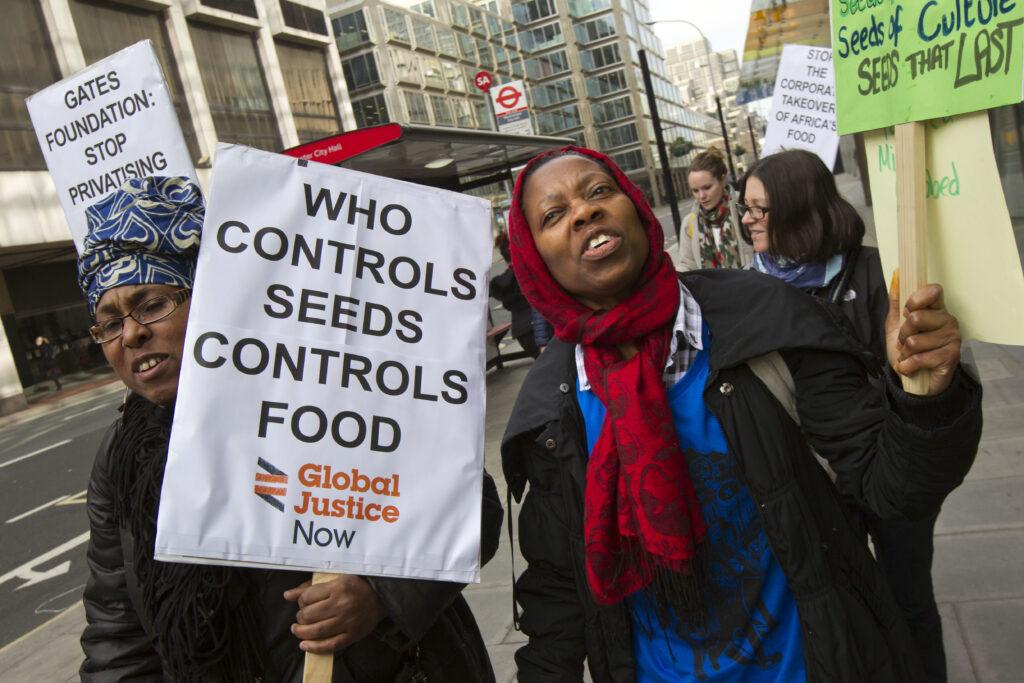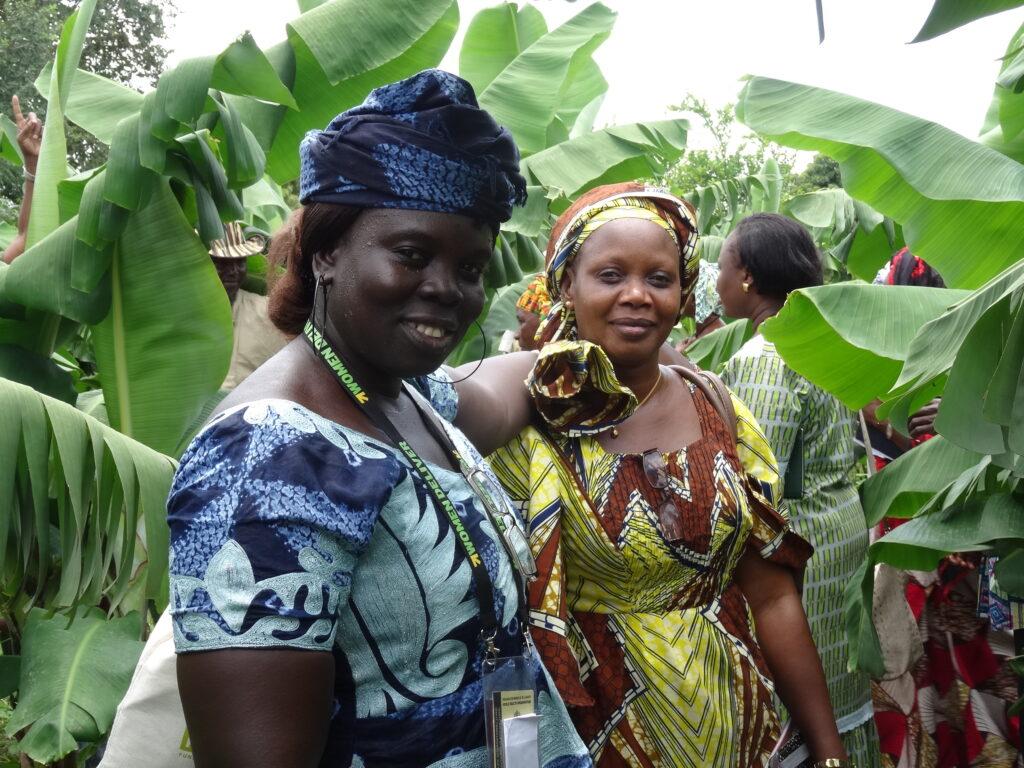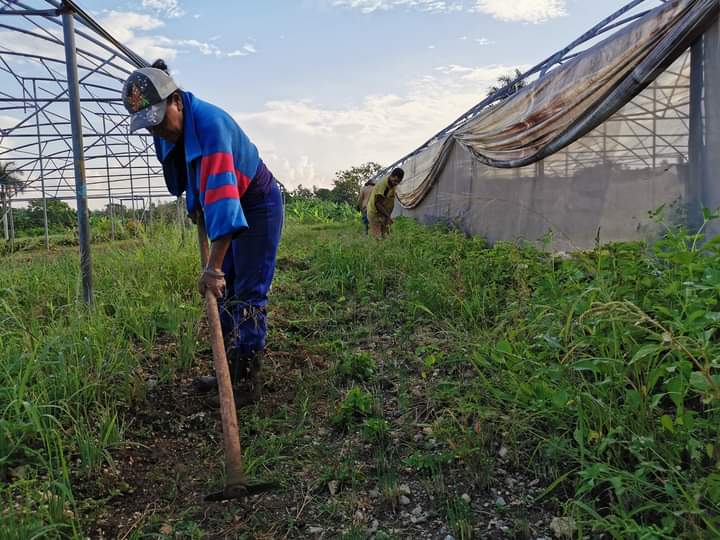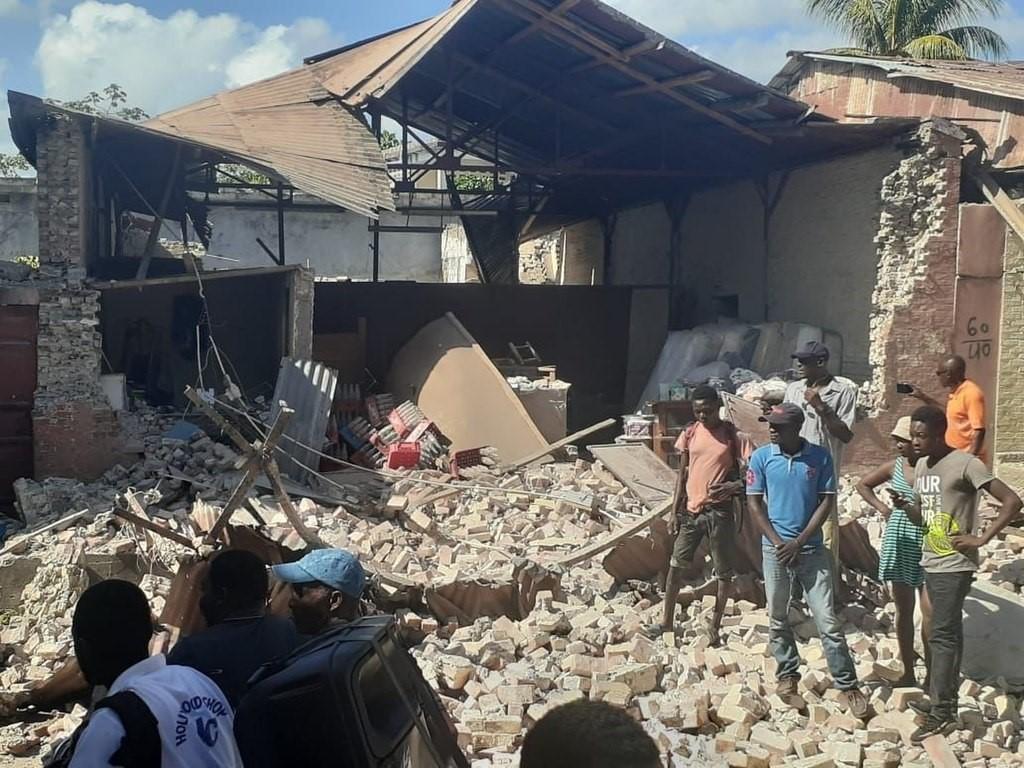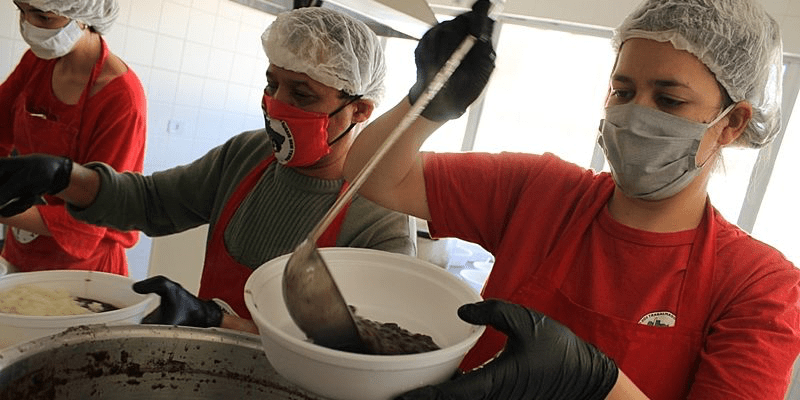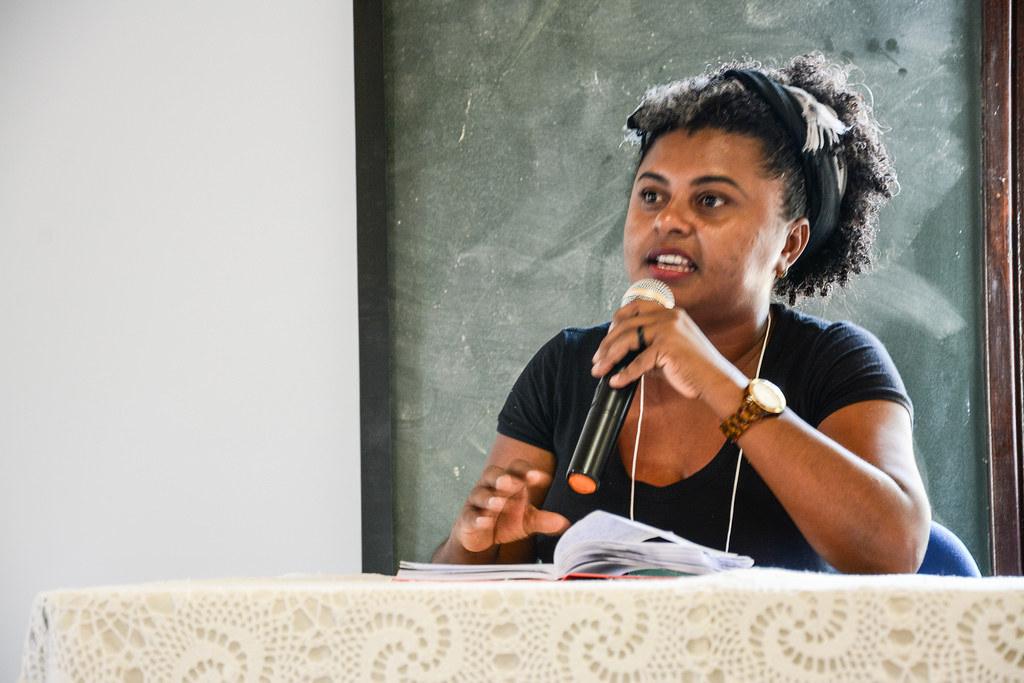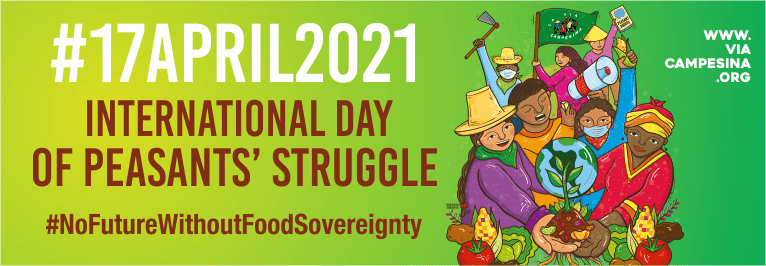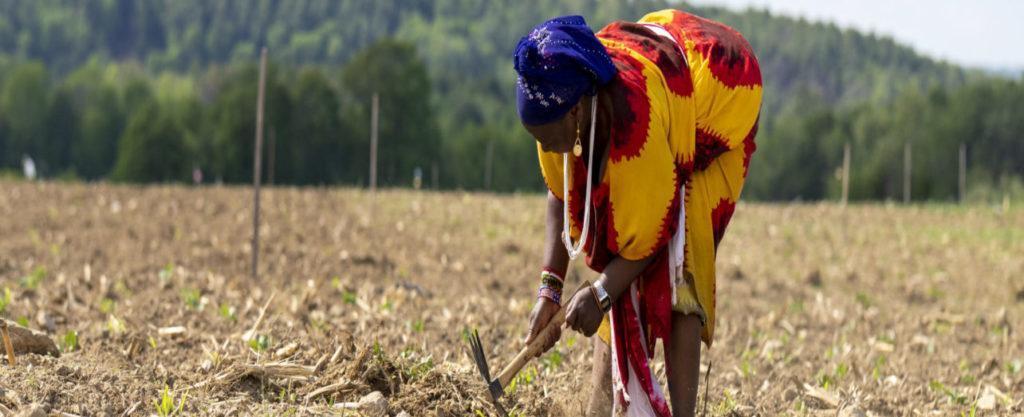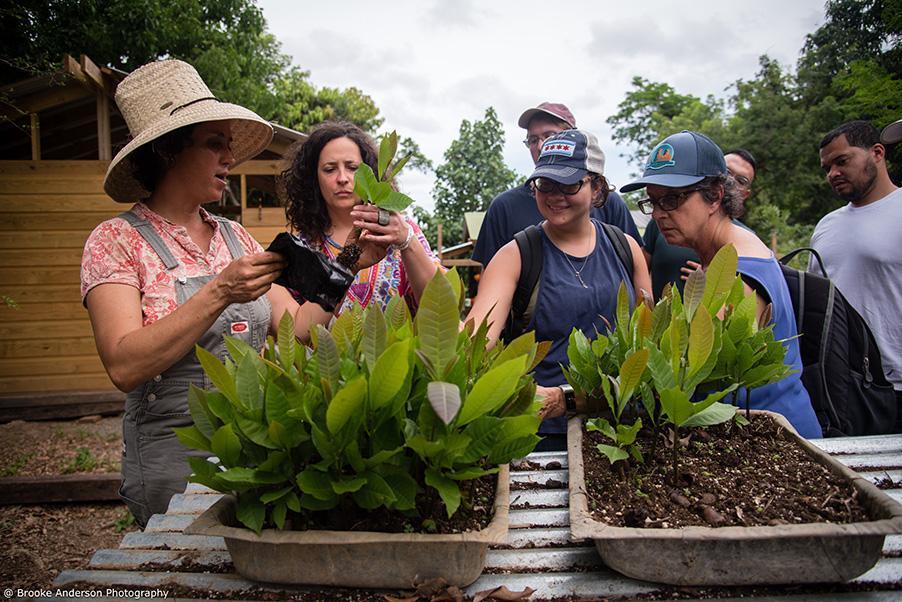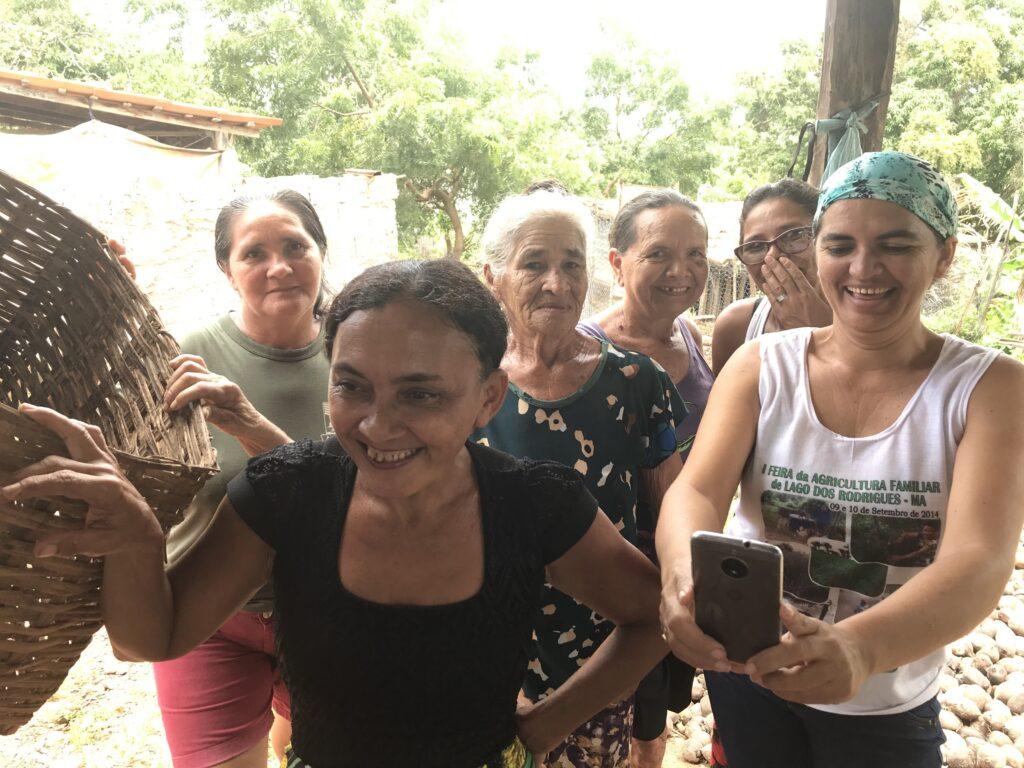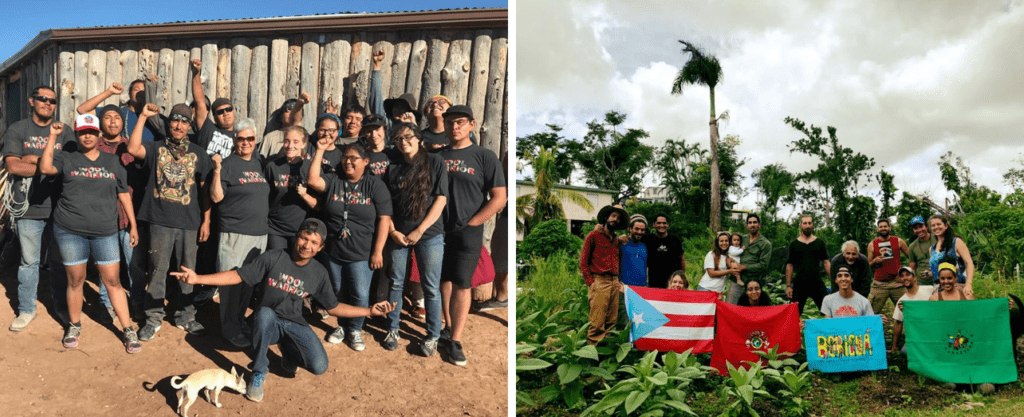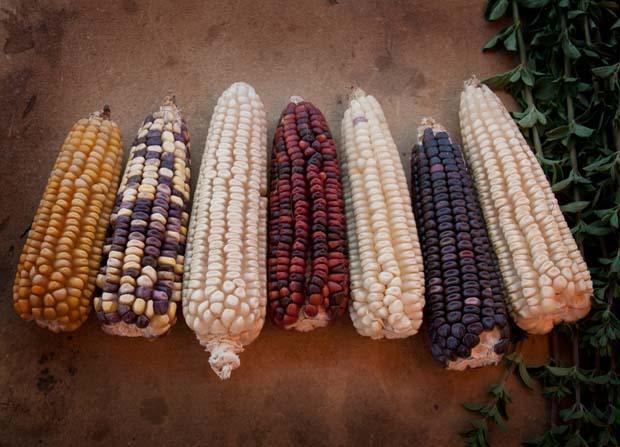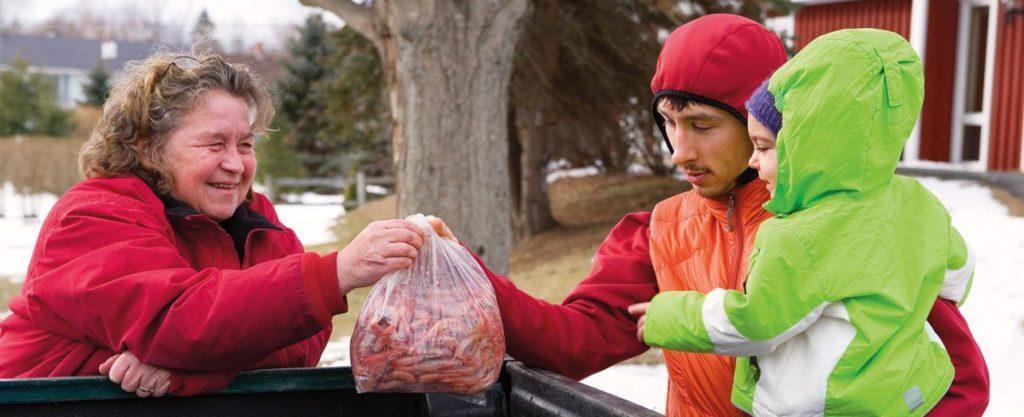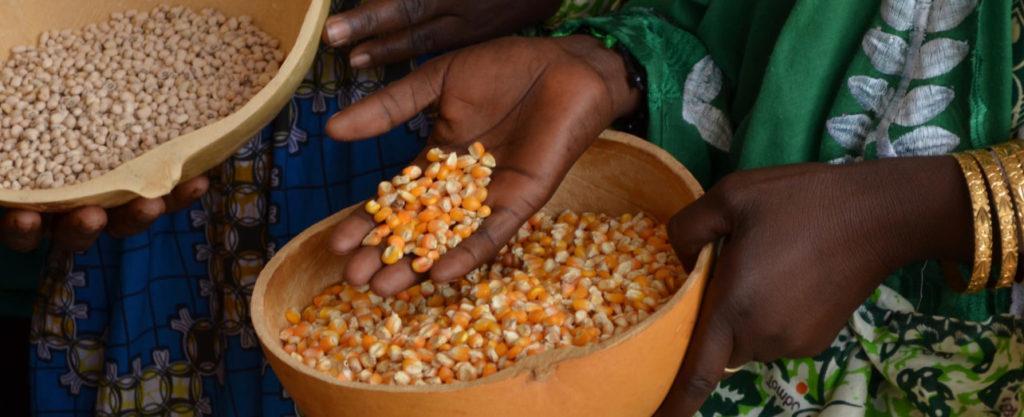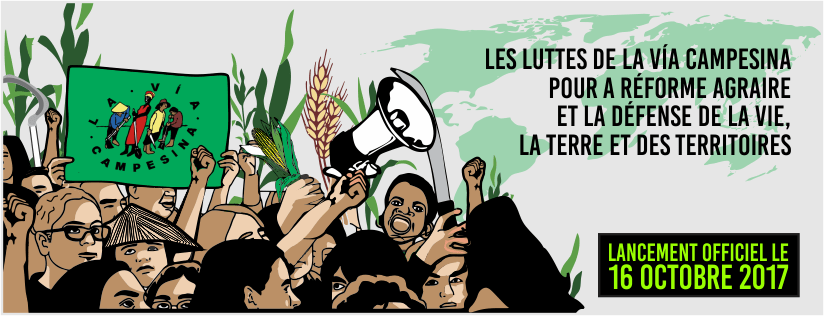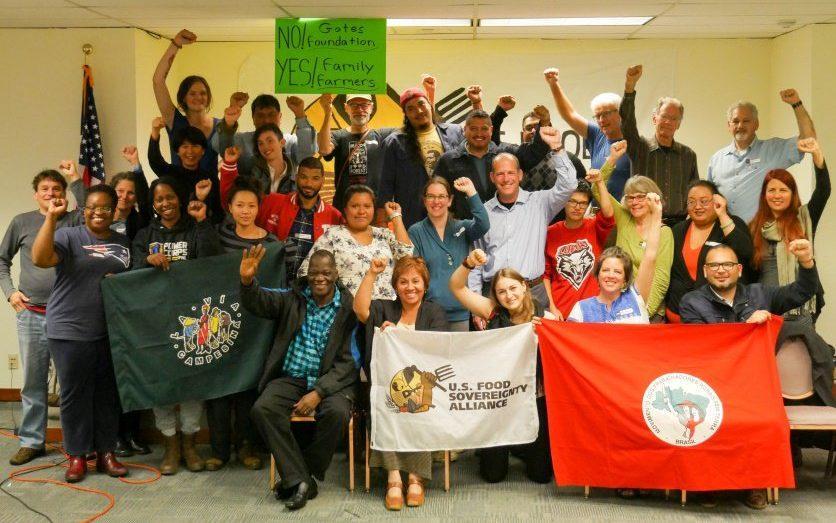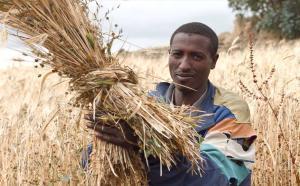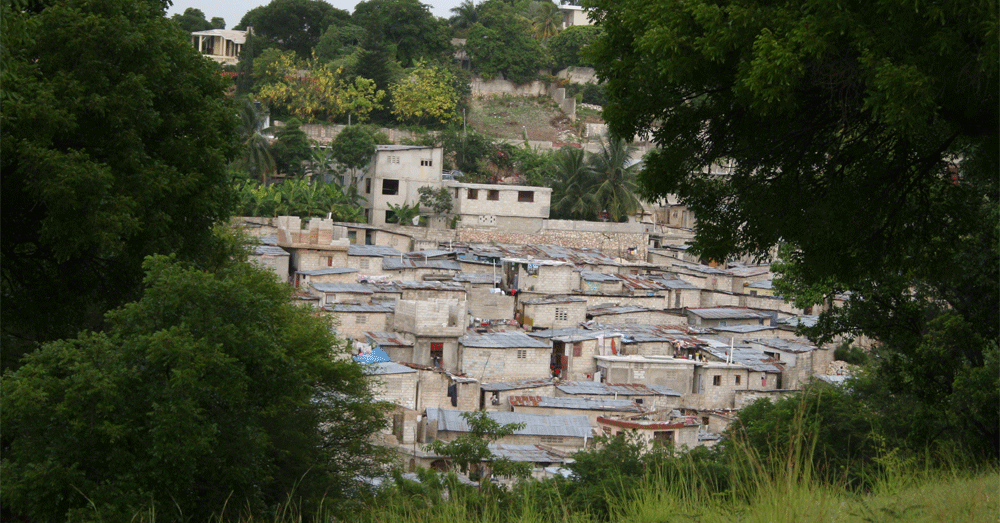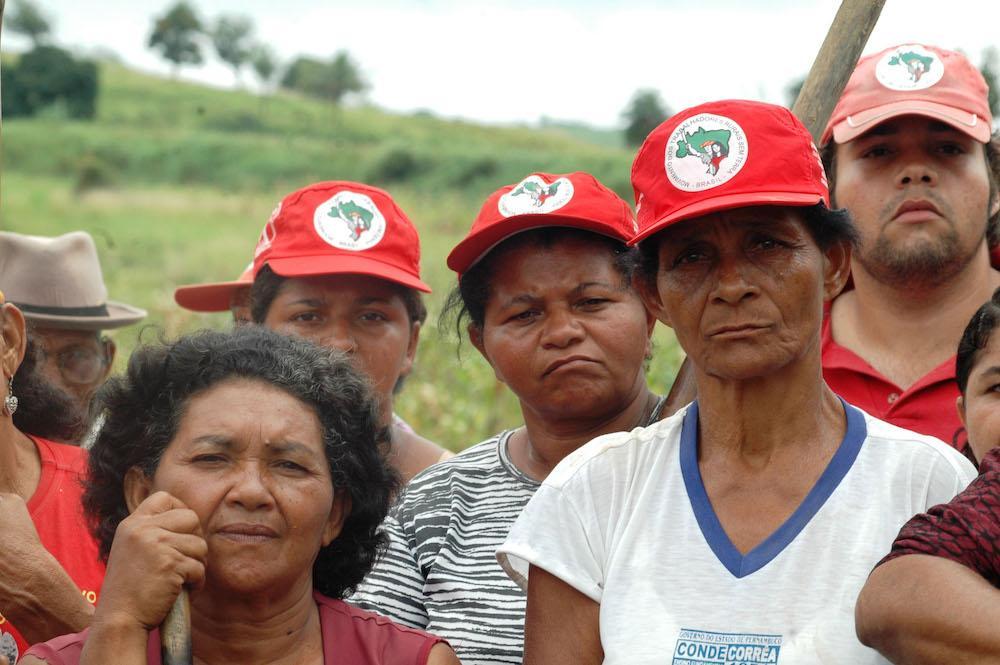
Movimento dos Trabalhadores Sem Terra (Landless Workers Movement, MST)
A mere 1.6 percent of Brazil’s landholders still control 47 percent of the nation’s privately owned land. But the Landless Workers Movement, using constitutional rights to land reform, is building a more equal Brazil — with small-scale farmers in charge of their food system.
Against Brazil’s grossly unequal wealth and land distribution, the Movimento dos Trabalhadores Sem Terra (Landless Workers Movement, MST) remains at the forefront of the struggle for just land reform. Latin America’s largest popular movement, the MST, works with landless peasants to identify and settle on underutilized land, gain legal title to the land, and bring it into productive use. They use legal rights to land reform and reclamation, inscribed in Brazil’s constitution, with social action to move people from landless and impoverished conditions to homes, communal farming, and dignity.
Through the MST’s efforts, more than 1.5 million people have been settled on 17 million acres of land, and currently more than 120,000 families are living in encampments, awaiting settlement. Their health sector provides these families with access to community health services, and during the COVID-19 pandemic they distributed more than six thousand tons of food, largely to urban dwellers in need. The MST is also one of the most powerful peasant and landless workers movements in the world, organizing for comprehensive “People’s Agrarian Reform,” food sovereignty and climate justice.
Grassroots works with the MST at state and national levels to support sustainable agriculture, legal assistance, youth training and leadership, and popular health projects. In the states of Pernambuco and Maranhão, Grassroots provides resources to expand sustainable agriculture practices by settled farmers for the production of healthy foods for families and surrounding communities, as well training the next generation of organizers through workshops and exchanges, and legal support in cases related to the political and economic rights of landless peasants. At the national level, Grassroots supports a comprehensive training program in agroecology — a practice of agriculture that is healthy for people and for the earth, based on both traditional knowledge and modern science, and grounded in food sovereignty. We also resource the MST’s health sector — including through national conferences of community health workers.

